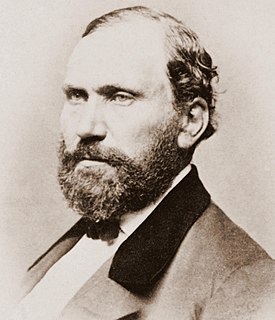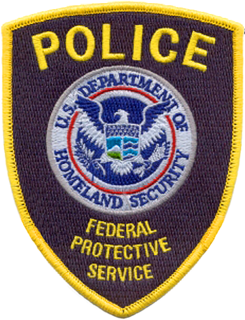This article has multiple issues. Please help improve it or discuss these issues on the talk page . (Learn how and when to remove these template messages) (Learn how and when to remove this template message)
|
Law enforcement in Puerto Rico is one of three major components of the criminal justice system of Puerto Rico, along with courts and corrections. Although there exists an inherent interrelatedness between the different groups that make up the criminal justice system based on their crime deterrence purpose, each component operates independently from one another. However, the judiciary is vested with the power to make legal determinations regarding the conduct of the other two components.

Criminal justice is the delivery of justice to those who have committed crimes. The criminal justice system is a series of government agencies and institutions. Goals include the rehabilitation of offenders, preventing other crimes, and moral support for victims. The primary institutions of the criminal justice system are the police, prosecution and defense lawyers, the courts and prisons.

Puerto Rico, officially the Commonwealth of Puerto Rico and briefly called Porto Rico, is an unincorporated territory of the United States located in the northeast Caribbean Sea, approximately 1,000 miles (1,600 km) southeast of Miami, Florida.

The Supreme Court of Puerto Rico —Spanish: Tribunal Supremo de Puerto Rico (TSPR)— is the highest court of Puerto Rico, having judicial authority to interpret and decide questions of Puerto Rican law. The Court is analogous to one of the state supreme courts of the states of the United States; being the Supreme Court of Puerto Rico the highest state court and the court of last resort in Puerto Rico. Article V of the Constitution of Puerto Rico vests the judicial power in the Supreme Court—which by its nature forms the judicial branch of the government of Puerto Rico. The Supreme Court holds its sessions in San Juan.
Contents
Apart from maintaining order and service functions, the purpose of policing is the investigation of suspected criminal activity and the referral of the results of investigations and of suspected criminals to the courts. Law enforcement, to varying degrees at different levels of government and in different agencies, is also commonly charged with the responsibilities of deterring criminal activity and of preventing the successful commission of crimes in progress; the service and enforcement of warrants, writs and other orders of the courts.
A warrant is generally an order that serves as a specific type of authorization, that is, a writ issued by a competent officer, usually a judge or magistrate, which permits an otherwise illegal act that would violate individual rights and affords the person executing the writ protection from damages if the act is performed.
In common law, a writ is a formal written order issued by a body with administrative or judicial jurisdiction; in modern usage, this body is generally a court. Warrants, prerogative writs, and subpoenas are common types of writ, but many forms exist and have existed.
Law enforcement agencies are also involved in providing first response to emergencies and other threats to public safety; the protection of certain public facilities and infrastructure; the maintenance of public order; the protection of public officials; and the operation of some correctional facilities (usually at the local level).

Infrastructure is the fundamental facilities and systems serving a country, city, or other area, including the services and facilities necessary for its economy to function. Infrastructure is composed of public and private physical improvements such as roads, railways, bridges, tunnels, water supply, sewers, electrical grids, and telecommunications. In general, it has also been defined as "the physical components of interrelated systems providing commodities and services essential to enable, sustain, or enhance societal living conditions".












